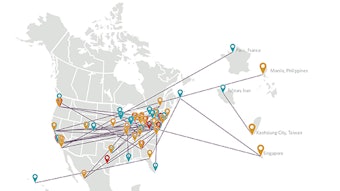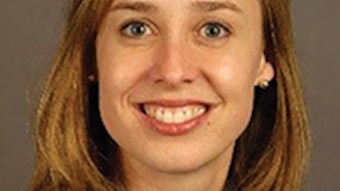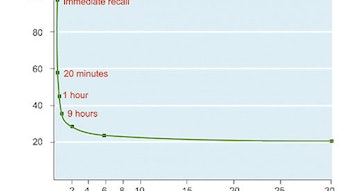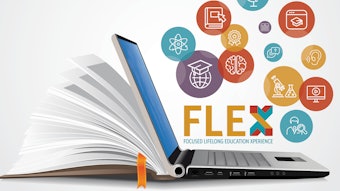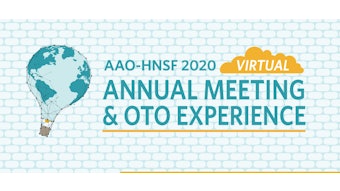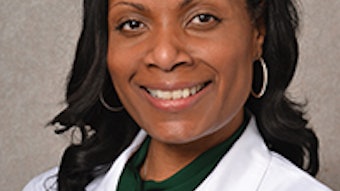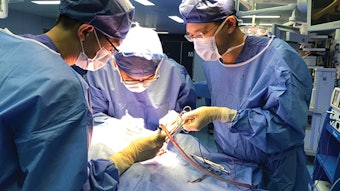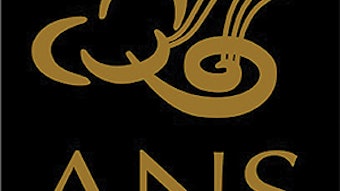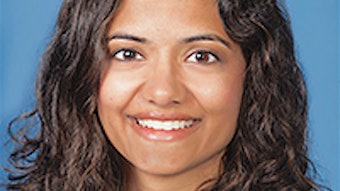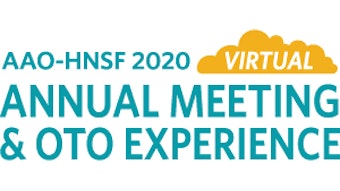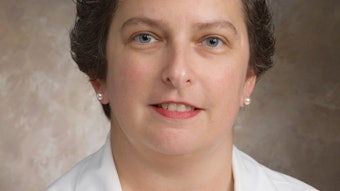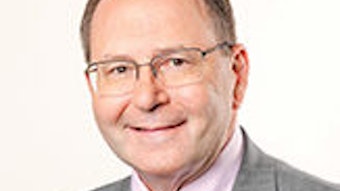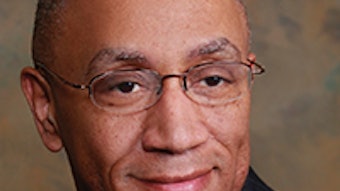Humanitarian Travel Grant: Medical Mission to the Philippines
Upon arrival in Manila, I was greeted by the embrace of a balmy breeze and kisses of sunshine, cast-ing aside all jetlag, and melting memories of a harsh New England winter I had just narrowly escaped. I enjoyed a heavily roasted coffee with Benz Cueto, a man whose bright eyes and hearty laugh conveyed genuine kindness and a handshake and directness that alluded to prior military experience.
Marc Polacco, MD
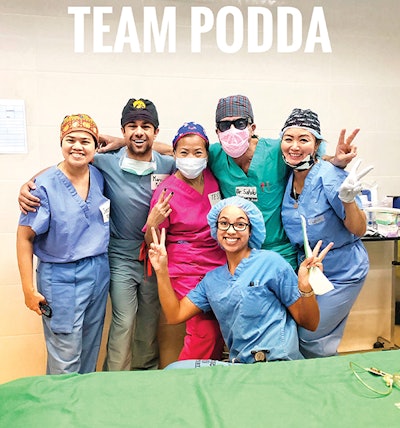
Upon arrival in Manila, I was greeted by the embrace of a balmy breeze and kisses of sunshine, casting aside all jetlag, and melting memories of a harsh New England winter I had just narrowly escaped. I enjoyed a heavily roasted coffee with Benz Cueto, a man whose bright eyes and hearty laugh conveyed genuine kindness and a handshake and directness that alluded to prior military experience. In 1990 he, Vid M. Figueras, RN, and Robert L. Flint, MD, DMD, founded the Philippine American Group of Educators and Surgeons (PAGES), an organization that annually provides pro bono cleft lip and palate repair at various sites throughout the thousands of islands that comprise the Philippines. I was arriving for their 29th year.
From Manila, we headed 25 miles South to Imus. With 43,000 people per square mile, Manila is the most densely populated city in the world, and travel to Imus among the sea of Jeep buses (jeepneys) and motorcycles with buggies (tricycles) easily took over two hours.
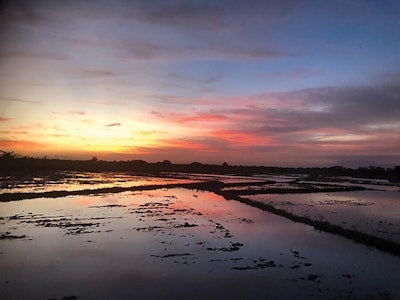
We arrived at Ospital ng Imus, a brand new facility with a green and white façade reminiscent of my home institution, Dartmouth. Within minutes of arrival, I had met the entire team of roughly 45 volunteers, donned scrubs, and began screening patients for surgery. The very next day we were able to begin performing surgeries while also continuing the screening process as more patients arrived. Although many of the volunteers did not know each other prior, and we were operating in a completely new hospital, soon enough we became a well-oiled machine, each component moving smoothly and with purpose. The team was comprised of volunteers from the Philippines, the United States, the United Kingdom, South Korea, Hong Kong, and Italy.
Over the course of nine days, we were able to perform a total of 121 procedures for 108 patients. Of these procedures, 60 were palatoplasties, 41 were cheiloplasties, and the remaining 20 were procedures such as cyst excisions and otoplasties. Although the week was incredibly busy and at times physically exhausting, it was also filled to the brim with smiling faces, cultivation of lifelong friendships, and the opportunity to make a permanent, positive impact on the lives of patients and their families.
I would like to extend my sincerest gratitude to Dr. James E. Saunders and Dr. Steven L. Goudy for their unwavering encouragement of my involvement in this global health initiative, as well as the American Academy of Otolaryngology–Head and Neck Surgery Foundation for its generous financial support through the Humanitarian Travel Grant. I owe many thanks to Dr. Silvio Podda, whose surgical prowess, technique, and most of all sense of humor, I will not soon forget. Lastly, I would like to thank the entire PAGES team and, most importantly, the patients and their families, both of whom have left an indelible reminder of what it entails to lead a life of service.
Salamat!

